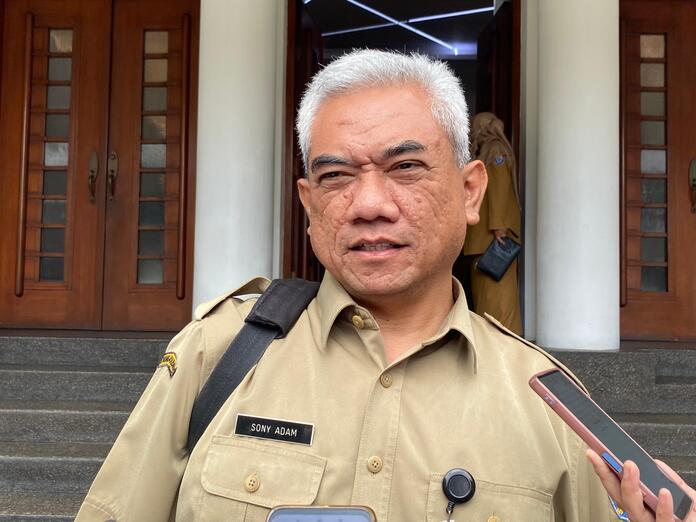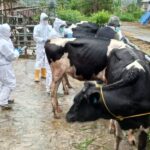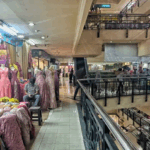BANDUNG CITY – The Bandung City Government, through the Health Office, is tightening supervision of food consumed by school children. This step follows increased public attention regarding food poisoning cases in several regions, including West Bandung, which has raised concerns among parents.
The Head of the Bandung City Health Office emphasized that supervision is being carried out by involving a special team and 80 community health centers spread across all districts. This team is tasked with ensuring all food produced by kitchens providing the program is safe for consumption.
“Bandung must be safe. Every food item entering schools must go through processing and serving procedures that meet health standards. We do not want food poisoning incidents from other regions to happen here,” he stated during a meeting at Bandung City Hall.
He explained that supervision is not a new practice. Since the program was initially rolled out, the Health Office has been conducting advocacy and providing guidance to kitchen managers. However, the rising trend of poisoning cases has prompted them to tighten supervision again and increase the intensity of guidance.
Currently, there are 98 food provider kitchens in Bandung City. Of this number, 87 kitchens are still actively operating, and all are in the process of certification. Although full permits have not yet been issued for all, kitchens are still allowed to operate provided they receive direct guidance from health officers.
“All kitchens operate under supervision. We check the kitchen conditions, from cleanliness, processing methods, serving, to waste management. If there are notes for improvement, we immediately request corrections,” he explained.
According to him, the majority of issues found relate to technical processing. These include the time span from when food is produced until it reaches students being too long, kitchens being less hygienic, and waste management not being properly covered.
“Kitchens must not be muddy, processing must be healthy, and food distribution must be fast. Those are the principles we encourage to maintain quality,” he added.
Every day, 260 thousand meal portions are produced by these 87 kitchens. The large production volume requires consistent supervision. He assessed that this presents its own challenge for the quality control team.
“The production quantity is so large that the team must be resilient. Supervision cannot be lax because this concerns the health of tens of thousands of children,” he said.






